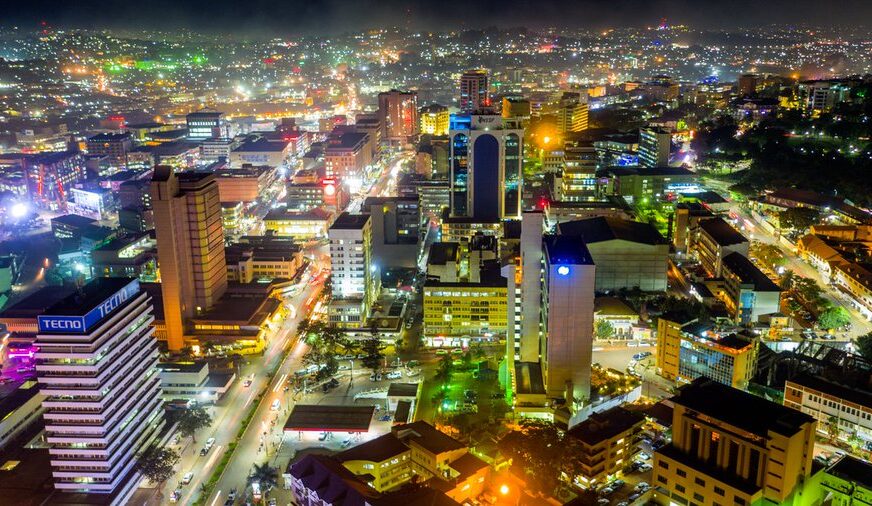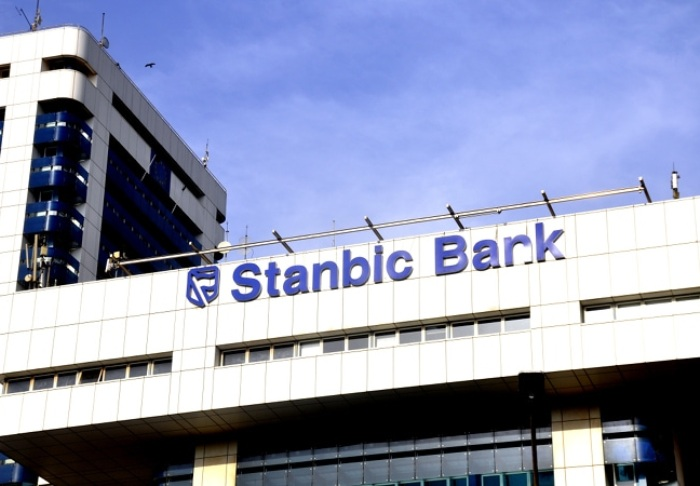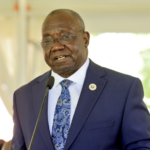Authorities in Uganda are pushing for more investments, both local and foreign, in the hospitality sector as tourism and visitor numbers into the country increase over the years.
This is also a strategy that positions Uganda as a competitive destination for international, regional conferences and festivals.
Uganda Tourism Board (UTB), which has a mandate of promoting investment in this sector, has already indicate that Uganda will in the next decade become a prominent player in the MICE (Meetings, Incentives, Conferences and Exhibitions) industry, with a prioritized focus on investment in business tourism.
Last year, the country operationalised the national MICE strategy (2025- 2030) that seek to attract an ambitious total of $250 million into the economy signalling the need for more investment in the hospitality industry.
The country has also seen the formation of the Uganda Association of Conference and Incentive Industry (UACCI) to uphold international standards.
“All this, therefore, calls for more investment in the industry and as UTB, we are working under a central umbrella with other bodies like the Uganda Investment Authority which helps us identify the investors, attract them and derive incentives in an organised way,” Mr Gessa Simplicious, the UTB spokesperson, says.
Opportunities, UTB says, range from setting up accommodation facilities in the country’s mushrooming cities, the capital Kampala, islands on Lake Victoria and other lakes and in or around national parks and other conservation areas.
Over the years, Uganda Wildlife Authority (UWA) has sought developers of all grades of accommodation facilities within and outside protected areas as numbers continue to grow.
UWA says that to support the growing tourism industry and provide better customer services within the parks, it had identified opportunities for investment in services, products and infrastructure and accommodation facilities.
Mr Hangi Bashir, the UWA spokesperson, says UWA normally advertises opportunities and prospective investors show interest through competitive bidding. These, however, are companies, as UWA finding it legally challenging to deal with individuals, with most of developers in the parks prefer to set up high-end facilities because they are more profitable.
“There are opportunities for development of new ecotourism products and services, within and outside national parks, by the private sector or through public-private partnerships,” Mr Hangi says.
However, different stakeholders say there is much more work to do.
Mr Amos Wekesa, one of the local investors in the hospitality sector and owner of a string of eco-lodges under the flagship, Uganda Lodges, says that while Uganda’s hotel and hospitality sector is growing, there is still much work to do on the side of government, especially through creating awareness of available investment opportunities in the sector.
“The key gap is the chase for business. Most times investments in any sector follow opportunities and these opportunities come from awareness. Therefore, lack of marketing of these opportunities is still a challenge, which I am sure government people are not yet about to fix,” he says, adding that government should find better ways of handling crises and disease outbreaks, which potentially can influence investment decisions in the hospitality sector.
Uganda has seen a raise in number of top international hotel chains such as Serena, Sheraton, Marriot and Hilton among others, but there is need to increase on the already existing investments to attract top dollar clients.
Mr Wekesa, however, says the country will have to consider investing in key infrastructure such as roads and airports to attract bigger players in the game.
“Developing the aviation sector is of course something else that we have to consider as a country if we want to attract top investors,” he says.
Recently, Uganda revived it flagship carrier, Uganda Airlines, which has since launched over 15 routes within Africa, Europe and Asia.
The airline, however, doesn’t operate domestic flights.
Government has also earmarked the country’s aerodromes for upgrade, while a second international airport is being constructed in the oil-rich region of Bunyoro.
Private Sector Foundation of Uganda, however, says that one of the key issues the country needs to address is attracting enough investments in the hospitality sector as projections indicate growth in tourism arrivals to more than 1. 6 million per year.
Mr Stephen Asiimwe, the PSFU Executive Director, says they continue to encourage both local and foreign private actors to invest in the hospitality value chain such as services, entertainment, agri-business among others.
“We are supporting value chain, business development services, capacity building and training among other things. Lately, we are engaging government to not over tax investors so it can be cheaper for tourists to come and therefore we become a competitive destination,” Mr Asiimwe says.
Data from Uganda Investment Authority indicates that some of the source countries for investments in tourism in Uganda include Kenya, Denmark, Netherlands, Rwanda, United Kingdom, Germany, India, Australia, Israel, Austria, United States of America, South Africa, Ethiopia, Canada, New Zealand, Belgium, and Pakistan.
Others are China, South Korea, Mauritius, Italy, Malaysia, Denmark, Mali, France, Lebanon, Sweden, Botswana, Poland, Somalia, Taiwan, Thailand, Russia, Seychelles, Sudan, Egypt, Nigeria, Turkey, Japan, Zimbabwe, Sudan, Norway, Finland, Spain, and Congo Brazzaville.





















